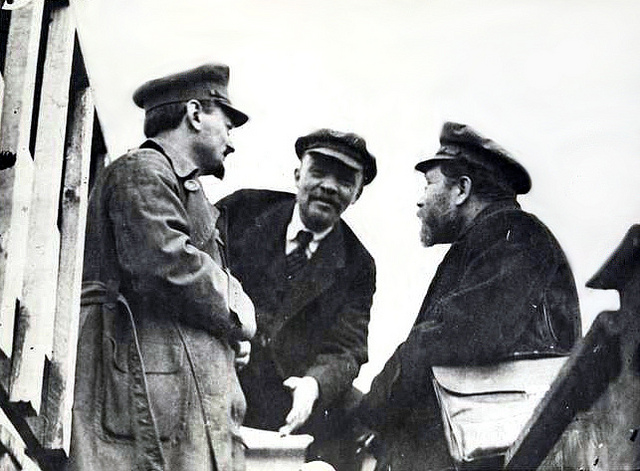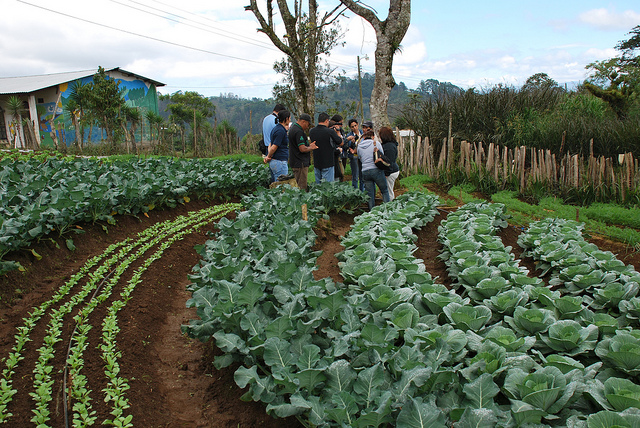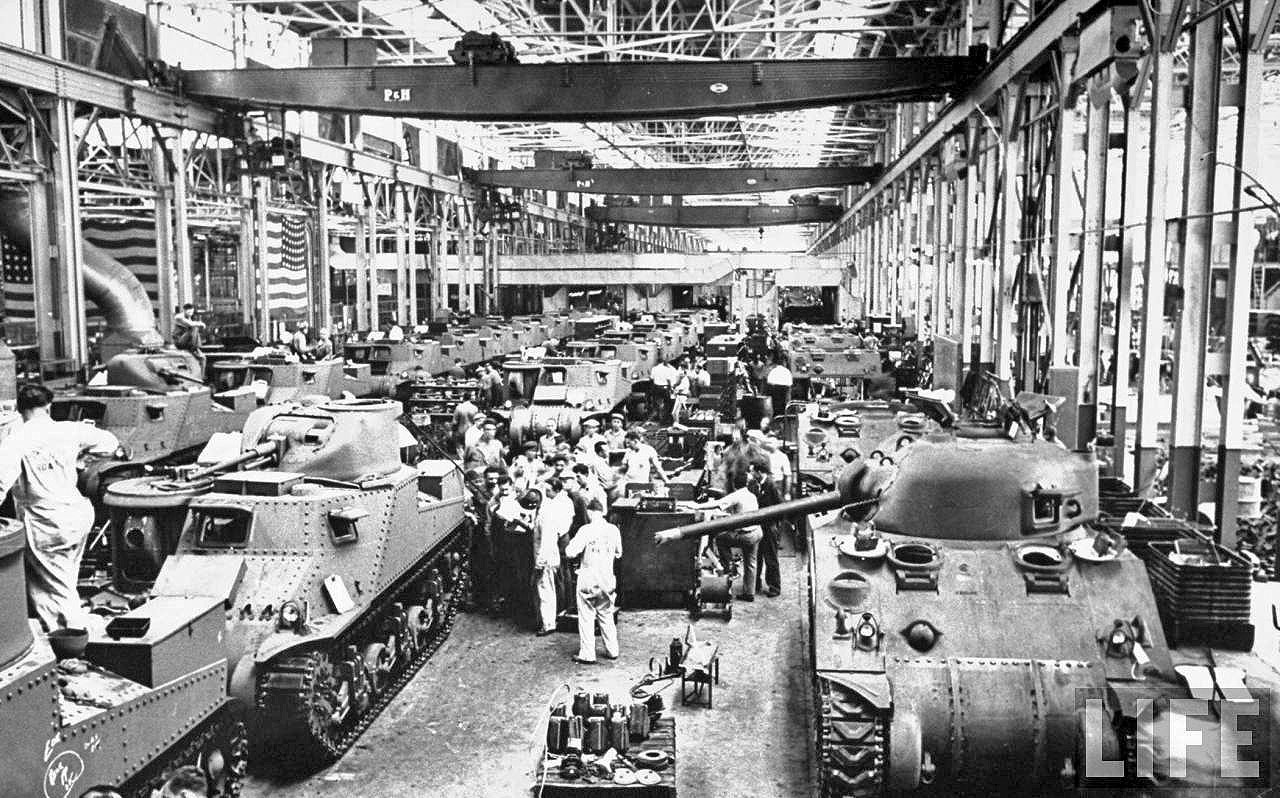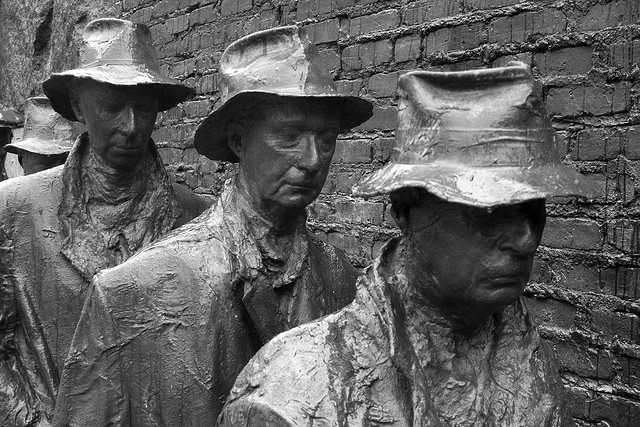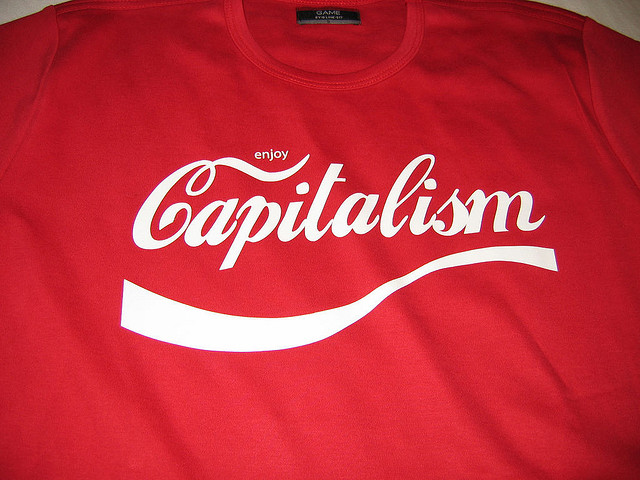10 Historical Leaders Who Financially Ruined Their Countries
8. Vladimir Lenin of Russia/USSR
Vladimir Ilyich Lenin was a Russian communist revolutionary who served as head of the new Bolshevik government from 1917 until his death in 1924. He laid the foundations of modern dictatorship and consolidated the state imprisonment of a whole society, its economy, and its culture.
Despite the hardships of war which Russia suffered in 1916-17, the country remained a relatively prosperous, rapidly modernizing country with a growing industrialist capitalist economy and massive agriculture.
After Lenin and his Bolsheviks Party took power in a violent coup at the end of 1917, they unleashed a reign of terror. The Red Terror led to the Civil War and a massive famine of 1921, which left six million Russians dead.
To keep the Red Army fed, and to avoid economic collapse, the Bolshevik government established war communism, food requisitioning from the peasantry, for little or no payment, which peasants resisted with reduced harvests.
The war communism resulted in armed confrontations, with the secret police and Red Army suppressing the rebellions with shooting hostages, poison gas, and concentration camps. A black market emerged in Russia, despite the threat of the martial law against profiteering. The ruble collapsed,barter began to increasingly replace money as a medium of exchange and, by 1921, heavy industry had fallen to output levels of 20% of those in 1913. Coal production decreased from 27.5 million tons to 7 million tons , while overall factory production also declined by 90%. The grain harvest was also slashed from 80.1 million tons to 46.5 million tons .
In 1922, with the Russian economy laying in total ruin, Lenin was forced to implement the New Economic Policy which allowed state capitalism and private enterprise. The policy revived the Russian economy and greatly increased the agricultural production after the devastating effects of war communism until it was abolished by Stalin in 1928, in favor of collectivization.

